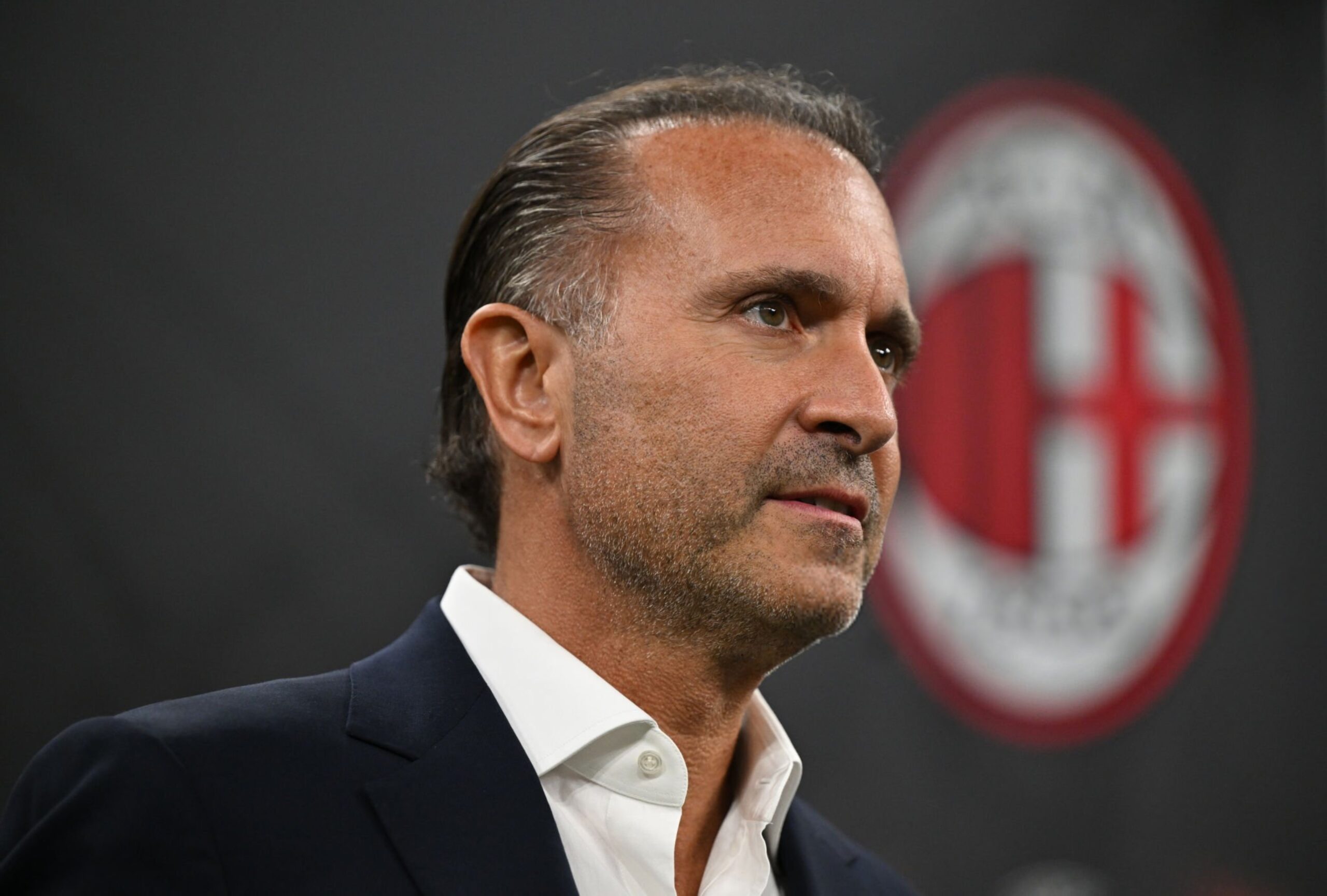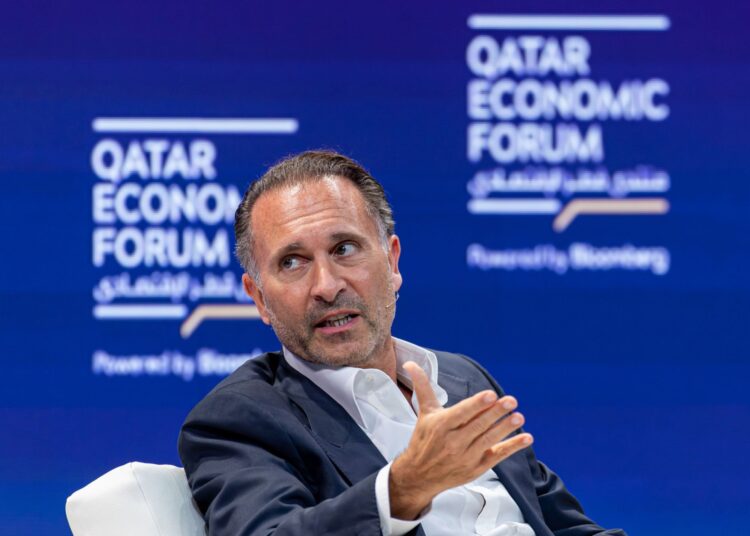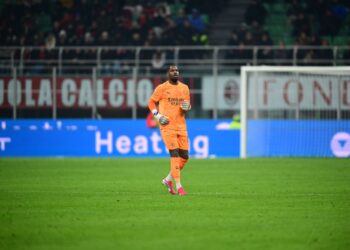Invited to the "19th annual MIT Sloan Sports Analytics Conference," presented by ESPN and 42 Analytics, RedBird’s number one, Gerry Cardinale, took part in the panel "Building Sports Empires with an Entrepreneurial Edge." The Milan owner did not receive any questions about the Club nor did he make any reference to the Rossoneri when the topic of European football was discussed.

Here are some of his statements, relayed via Milannews.it:
Your background as an entrepreneur—how has it influenced your way of doing business now that you are in the world of sports?
"I have been investing in sports and entertainment for 25 years. I have the advantage of having invested in these sectors before they became an 'asset class.' What sports need are not 'asset managers' who end up within their own structure, but entrepreneurs and businesspeople. When I started my career at Goldman Sachs, I immediately had a fundamental perspective: if Goldman Sachs presents itself with capital, that money must not just be financeable, but it must have value. Adding value is difficult. When I arrived 25 years ago, people said that the added value was simply showing up with capital, but I always had the vision that it needed to be something more. My vision is that capital must be used by combining it with a tested business structure that helps right holders in sports. I helped the Yankees build business around their intellectual property. We have had partnerships with teams and leagues, helping them create valuable revenue streams around their intellectual properties. It is a win-win situation."
The differences between sports in America and Europe? Cardinale replied:
"In America, there is greater acceptance regarding topics such as sports integrity and competition or the entertainment aspect of live events. In Europe and internationally, on the other hand, much more importance is given to on-field performance rather than the integrity of the sport. They are more relentless on this aspect than what happens in the United States. What is happening now is that money has 'discovered' sports—it is no coincidence that the Super League case emerged. A lesson we can draw from it is that TV rights are rising (in cost, editor’s note) at such a high speed that various distributors only want to broadcast the best events. They do not want the smaller teams, and this is a problem. You cannot ignore that there is a social aspect to sports. When you think about sports, you think about the universality of competition—the possibility that one of the supposedly inferior teams can reach the level of a big club is fantastic; it is what makes it so appealing and valuable. So, the question is: 'How do you make these leagues and these teams more efficient and self-sufficient to deal with this trend (regarding TV rights, editor’s note)?' This is something that will create opportunities, but it will have to be regulated and shaped according to the European mentality and what Europeans want. There cannot be total Americanization of the phenomenon, but there would still be benefits. We can help Europeans become more effective in generating more capital to reinvest, making them more competitive."
In Europe, top teams are led by people more accustomed to the sporting side, while in the United States, they are led by people more business-oriented. There is a significant difference in how business models are carried out.
"There is a great example of how there has been evolution in this regard, and it is Liverpool. The reason I invested in Fenway Sports Group, and it is the only time I am a minority rather than majority shareholder in a sports-related investment, is because I have great respect for this ownership and management and what they have done with Liverpool. People should take note of the transition they have gone through, not missing a single step, from Klopp to how they have now arrived at Slot, making things work the way they have. They have managed to find a balance between the sporting side, the business side, and the ownership side. And this is precisely what should be looked at and tried to be replicated elsewhere."
















